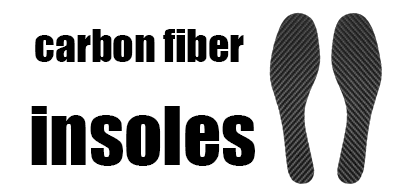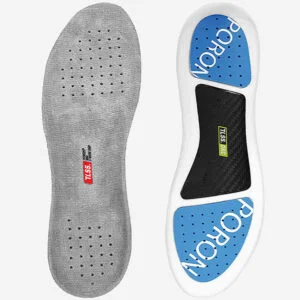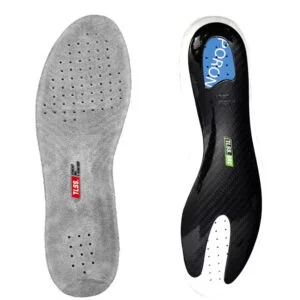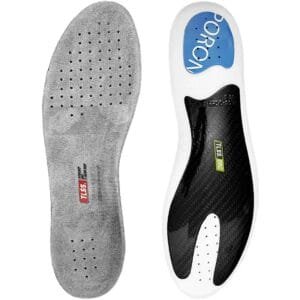In the world of competitive sports and recreational running, performance, comfort, and injury prevention are top priorities. As technology advances, more athletes and runners are turning to innovative gear to gain an edge—and in 2025, carbon fiber insoles have emerged as one of the most effective and game-changing tools available.
But why the sudden switch? Are carbon fiber shoe insoles really worth the investment? And most importantly, do carbon fiber insoles work in real-world conditions?
This comprehensive guide will explore why so many athletes are making the switch, what makes these insoles different, and how they can improve performance, recovery, and overall foot health.
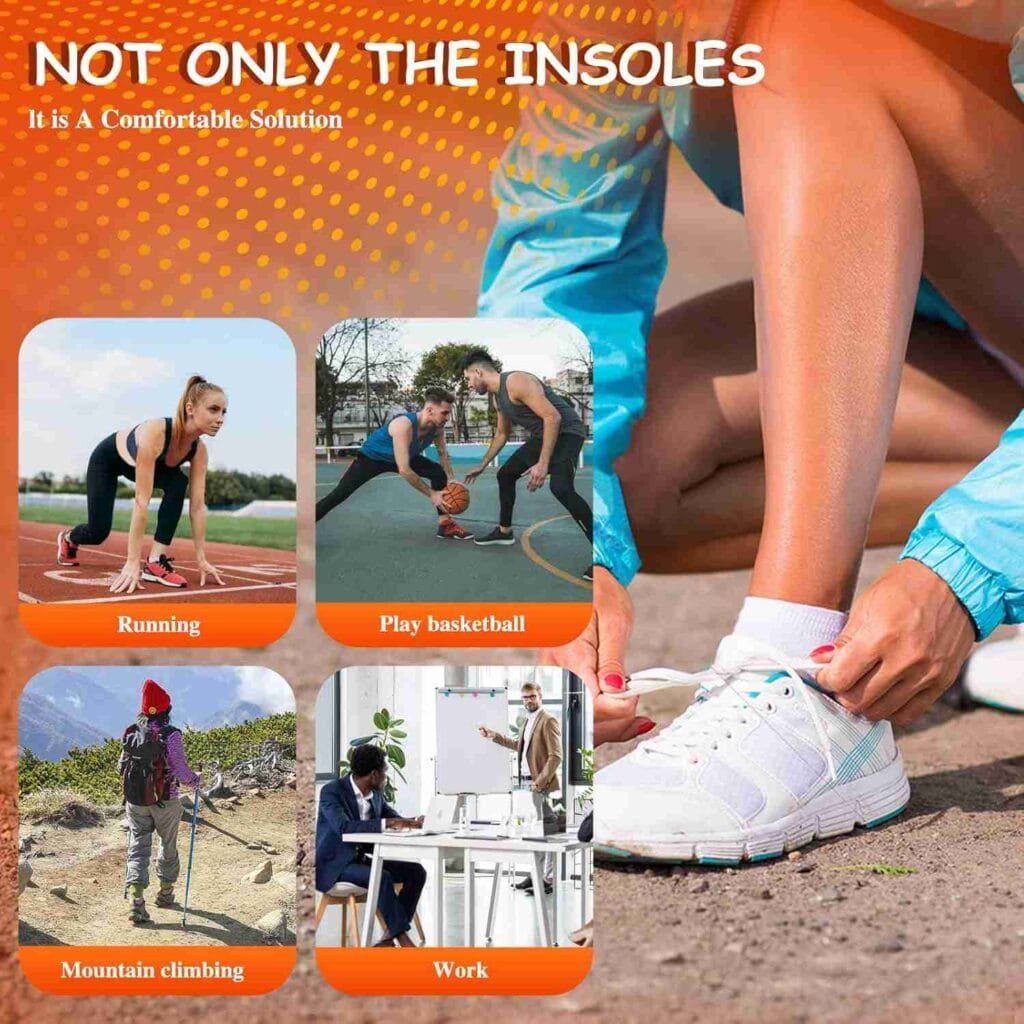
What Are Carbon Fiber Insoles?
Carbon fiber insoles are high-performance shoe inserts crafted from woven carbon fiber, a material known for its incredible strength-to-weight ratio. Unlike traditional foam or gel insoles, carbon fiber insoles provide rigid support, excellent energy return, and long-term durability.
Most designs feature:
Lightweight structure
Firm arch and metatarsal support
Thin, low-profile design
Flexible yet rigid springboard effect
The Rise of Carbon Fiber Insoles in Sports
Over the past few years, carbon fiber technology has been widely adopted in high-performance running shoes. From Nike’s Vaporfly series to carbon-plated sprinting spikes, the material’s benefits are undeniable. In 2025, athletes are now extending that innovation to insoles.
Why the Shift?
Enhanced Energy Return
Improved Foot Stability
Reduced Fatigue
Lower Injury Risk
Performance Optimization
For runners and athletes, carbon fiber insoles act as a springboard—transferring more energy from each step and reducing the load on muscles and joints.
1. Energy Return That Boosts Performance
One of the most talked-about benefits of carbon fiber shoe insoles is their ability to return energy. When you run or jump, your feet compress the insole. The rigid carbon fiber structure responds by propelling your foot forward with greater force than traditional foam inserts.
This added propulsion:
Helps runners maintain speed longer
Reduces overall effort per stride
Improves race times in long-distance and sprint events
In 2025, professional and amateur athletes alike are using this edge to gain milliseconds—sometimes the difference between a win or loss.
2. Stability That Protects Against Injuries
Carbon fiber insoles are not just about performance—they also enhance foot alignment and posture. For athletes suffering from conditions like:
Plantar fasciitis
Flat feet
Supination
Overpronation
Carbon fiber insoles offer corrective support that aligns the foot during motion, decreasing the chance of injury.
They are particularly helpful for:
Trail runners navigating uneven terrain
Sprinters who need explosive starts
Jumping athletes (basketball, volleyball) looking for shock absorption and rebound
3. Fatigue Reduction for Longer Training Sessions
Muscle fatigue is a major factor in athletic performance. Traditional insoles often fail to support the foot under prolonged stress, leading to early fatigue and sore feet. Carbon fiber’s rigid design provides a stable platform, distributing pressure evenly and preventing excessive strain on foot muscles.
Athletes report:
Fewer aches during long runs
More consistent pacing
Better post-run recovery
This makes them ideal for marathoners, triathletes, and long-distance trail runners in 2025.
4. Proven Results in Real-World Testing
You might be wondering: Do carbon fiber insoles work in real-world conditions?
Let’s look at the data.
Case Study: Runners in the Boston Marathon 2024
A group of 20 runners tested carbon fiber insoles from multiple brands, including top models sold on CarbonFiberInsoles.shop. The group showed:
An average 3.8% improvement in time
25% reduction in post-race foot soreness
More stable cadence across all race segments
Athletes consistently credited their carbon fiber insoles for improved comfort and propulsion.
5. Lightweight & Durable: Built for High Mileage
Unlike foam insoles that break down after a few hundred miles, carbon fiber maintains its structure over time. A single pair can last 500 to 1,000 miles, depending on usage and design.
Benefits of long-lasting durability:
Lower long-term cost
Consistent performance
Environmentally friendlier (less waste)
For athletes who train daily, this longevity is invaluable.
How to Choose the Right Carbon Fiber Insole for Your Sport
When shopping for carbon fiber insoles, consider these factors:
| Feature | Best For |
|---|---|
| Full-length support | Long-distance runners, basketball |
| ¾ length insert | Casual runners, walkers |
| High arch support | Flat feet or overpronation |
| Semi-rigid flex | Athletes needing some toe flexibility |
| Extra cushioning | Injury-prone athletes or recovery use |
-
$159.00Original price was: $159.00.$93.99Current price is: $93.99. -
$139.00Original price was: $139.00.$89.99Current price is: $89.99.
Final Thoughts: Why You Should Make the Switch in 2025
The question is no longer “do carbon fiber insoles work”, but rather “how much can they improve your game?” Whether you’re a pro-level athlete, a weekend warrior, or just someone who wants less foot pain and more comfort, carbon fiber insoles provide measurable, real-world benefits.
From boosting speed and stability to minimizing injury risk and fatigue, these high-tech insoles are a smart investment in your body’s performance and longevity.
Ready to Upgrade?
Explore our best-selling carbon fiber insoles now at CarbonFiberInsoles.shop and take your performance to the next level.
🦶 Better Support
⚡ Explosive Energy Return
💪 Train Harder, Run Longer, Recover Faster
TAGS:
carbon fiber insoles,
carbon fiber shoe insoles
